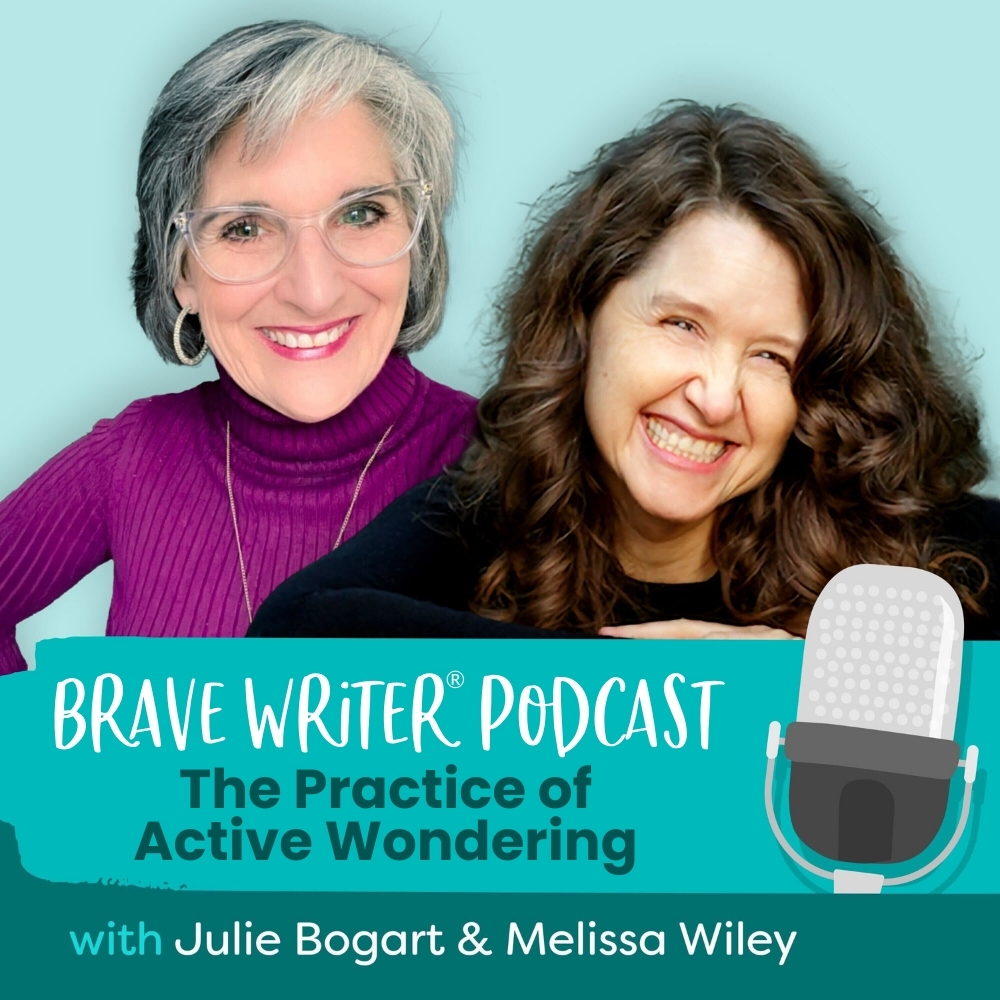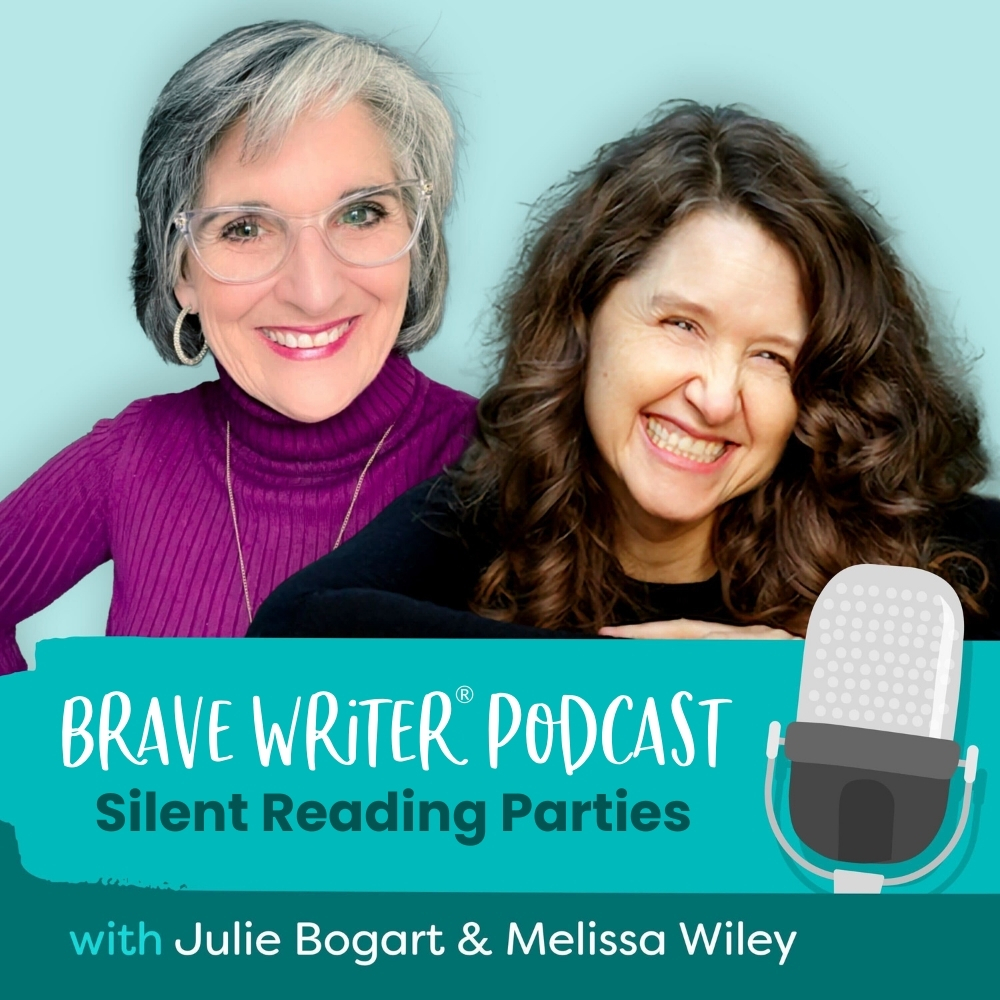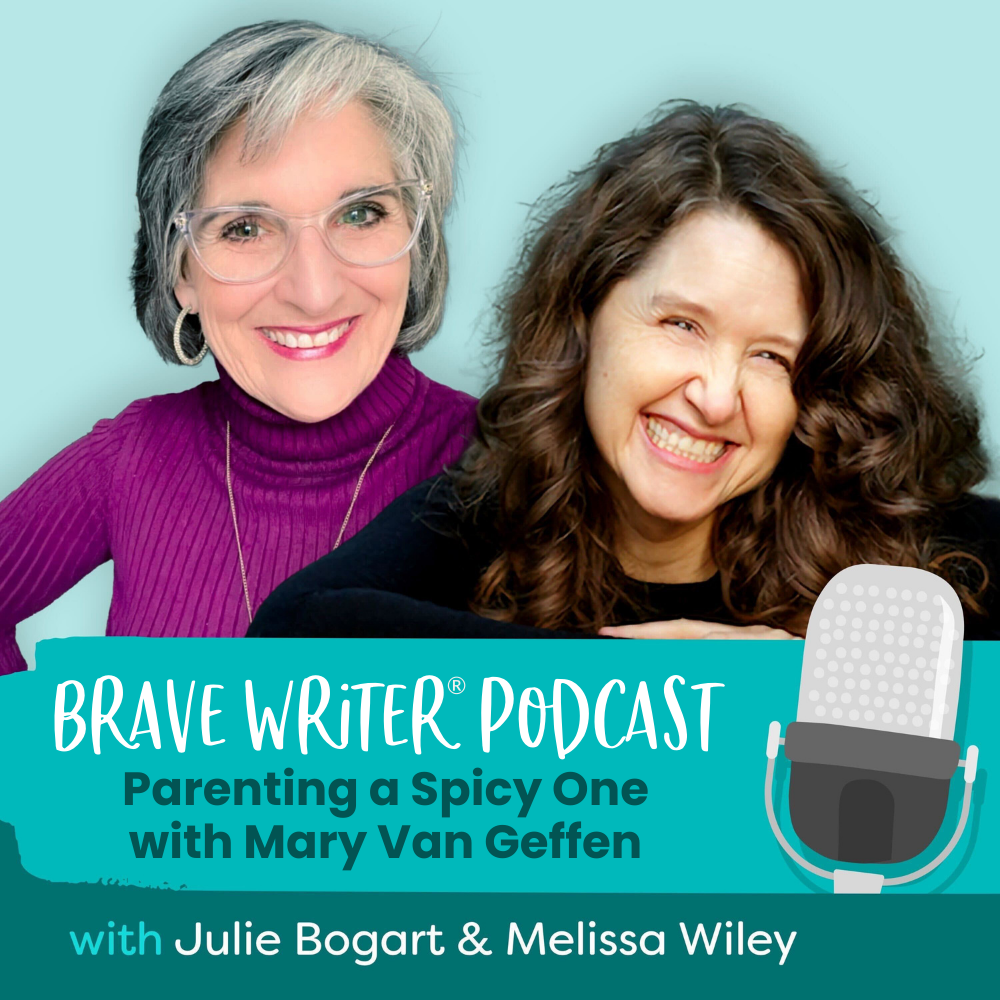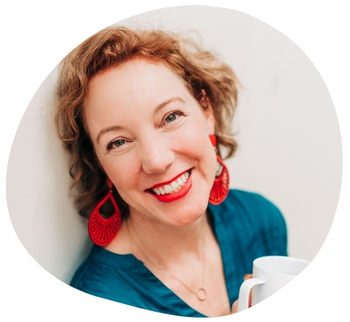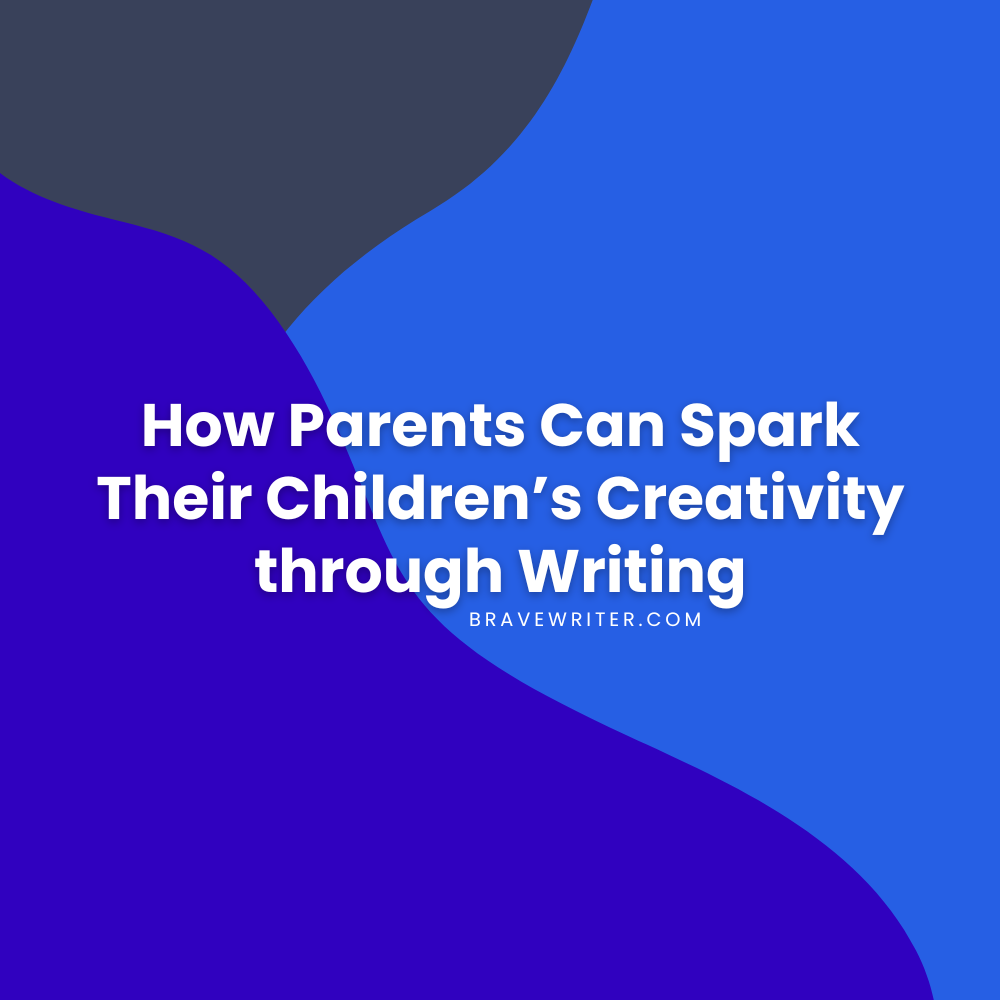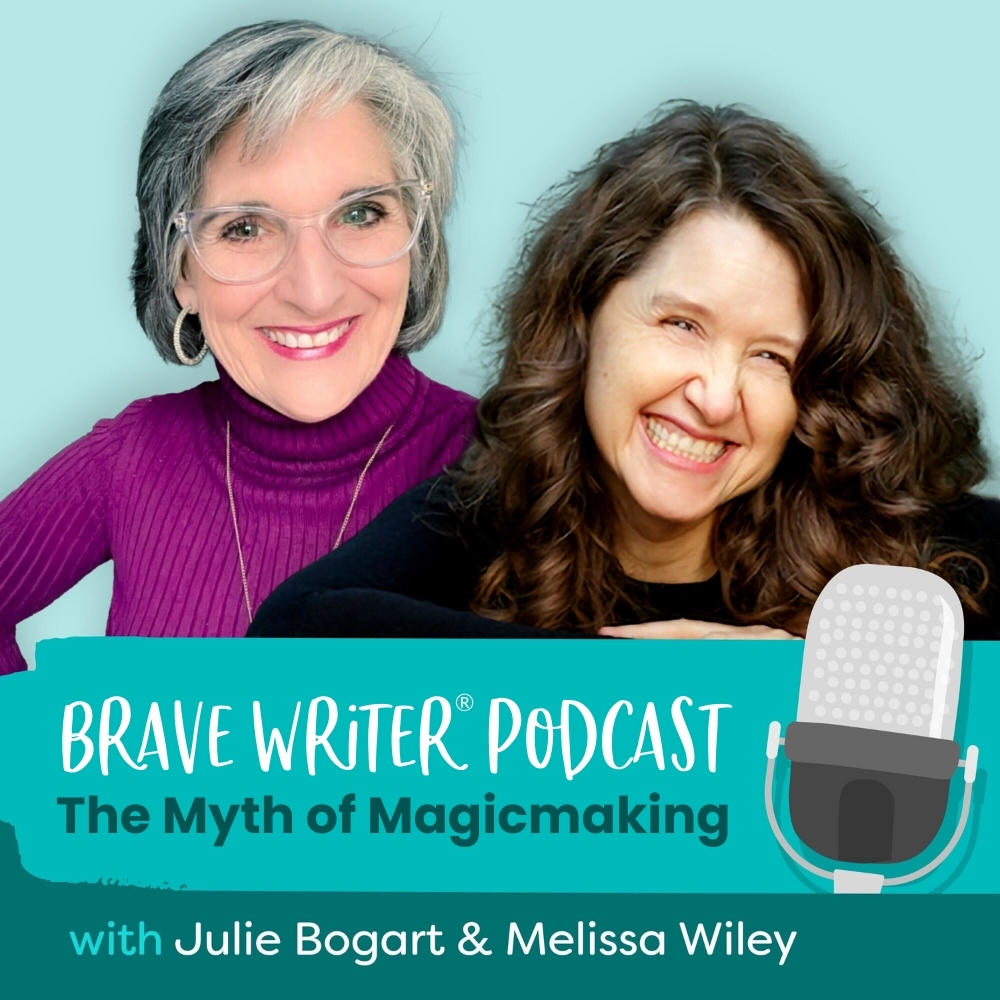
What if enchanting learning didn’t require themed parties, elaborate prep, or constant performance?
In this Brave Writer podcast episode, we unpack the myth of “magicmaking” and show why real enchantment is rooted in connection, not production. We share simple, practical ways to revive lessons that feel stuck, from eye contact and movement to snacks, forts, music, and letting kids take the lead.
Along the way, we explore how curiosity, comfort, and collaboration create learning that actually sticks. If you’ve been feeling burned out or pressured to “make school magical,” this conversation offers a deep exhale and a fresh way forward. Join us and rediscover how easy magic can be.
Show Notes
Many homeschooling parents quietly carry the belief that learning should feel magical all the time—and that if it doesn’t, something has gone wrong. When lessons fall flat, the instinct is often to add more: more prep, more creativity, more performance. But what if the problem isn’t a lack of magic at all?
What we’ve discovered is that the real myth lies in thinking enchantment comes from production. True magic in learning doesn’t grow out of themed parties or elaborate setups. It grows out of connection.
Connection Before Curriculum
When learning starts to feel sour, our first move isn’t to decorate the room or invent a clever hook. It’s to reconnect. Something as simple as making eye contact, sitting at the same level, and asking a genuine question can shift everything. That moment of being seen changes the tone from compliance to collaboration.
This is the heart of the magic described in The Brave Learner: learning thrives when relationship comes first. Without that relational foundation, even the most creative activity can feel hollow.
Learning Lives in the Body
One of the most overlooked tools in homeschooling is the body itself. Children learn with their whole selves, not just their minds. Chewing something crunchy, stretching before math, rolling on the floor, or jumping while memorizing facts can restore focus far more effectively than insisting on stillness.
These aren’t distractions. They are supports. Movement, touch, and sensory input help regulate attention and make learning feel possible again.
Changing the Space Without the Pressure
Environment matters too—but not in the way we often imagine. Rearranging furniture, building a fort, moving to the couch, or taking schoolwork to a coffee shop introduces novelty without pressure. Kids respond to surprise and ownership. When they help create the space, they’re far more willing to enter the work.
None of this has to be permanent. These shifts are seasoning, not structure. A little novelty can revive energy without becoming a new obligation.
Change the Tools, Not the Task
We also underestimate how powerful it is to change the materials instead of the lesson. Glitter pens, whiteboards, clipboards, oversized paper, or tiny notebooks can make familiar work feel new again.
The learning hasn’t been diluted. It’s been invited back in.
Let Your Child Be the Expert
One of the most effective enchantment tools is letting children teach. When kids become experts—on panda bears, base-12 math, a video game, or a favorite book—their confidence blooms. Our role shifts from referee to curious listener.
Children love being taken seriously. Leading with curiosity instead of correction often opens doors into subjects they previously resisted.
Permission Is Powerful
Not every subject needs to happen every day. Skipping handwriting occasionally, doing math orally, or declaring a “no worksheets” day can release tension instantly. Pressure rarely produces understanding. Relief often does.
Sometimes the most enchanting thing we can offer is permission: permission to trace, to play quietly, to think invisibly. Learning doesn’t always look productive from the outside, but thinking is still happening.
What Kids Are Really Learning
When kids are bored, angry, or shut down, they’re learning something—just not what we intended. They may be learning that math is miserable, that learning requires obedience, or that their experience doesn’t matter.
Connection Changes the Lesson Entirely
Enchantment, in the end, is simply forming a relationship: with a subject, with an idea, and with each other. That kind of magic doesn’t require a party. It just asks us to show up—curious, present, and willing to listen.
Resources
- Listen to our episode with Emily Glankler on “Not Boring History”
- Find Julie’s favorite book on improv in the Brave Writer Book Shop
- Brave Writer class registration is open!
- Visit Julie’s Substack to find her special podcast for kids (and a lot more!)
- Purchase Julie’s new book, Help! My Kid Hates Writing
- Find community at the Brave Learner Home
- Learn more about the Brave Writer Literature & Mechanics programs
- Start a free trial of CTCmath.com to try the math program that’s sure to grab and keep your child’s attention
- Subscribe to Julie’s Substack newsletters, Brave Learning with Julie Bogart and Julie Off Topic, and Melissa’s Catalog of Enthusiasms
- Sign up for our Text Message Pod Ring to get podcast updates and more!
- Send us podcast topic ideas by texting us: +1 (833) 947-3684
- Interested in advertising with us? Reach out to media@bravewriter.com
Connect with Julie
- Instagram: @juliebogartwriter
- Threads: @juliebogartwriter
- Bluesky: @bravewriter.com
- Facebook: facebook.com/bravewriter
Connect with Melissa
- Website: melissawiley.com
- Substack: melissawiley.substack.com
- Instagram: @melissawileybooks
- Bluesky: @melissawiley.bsky.social
Produced by NOVA


